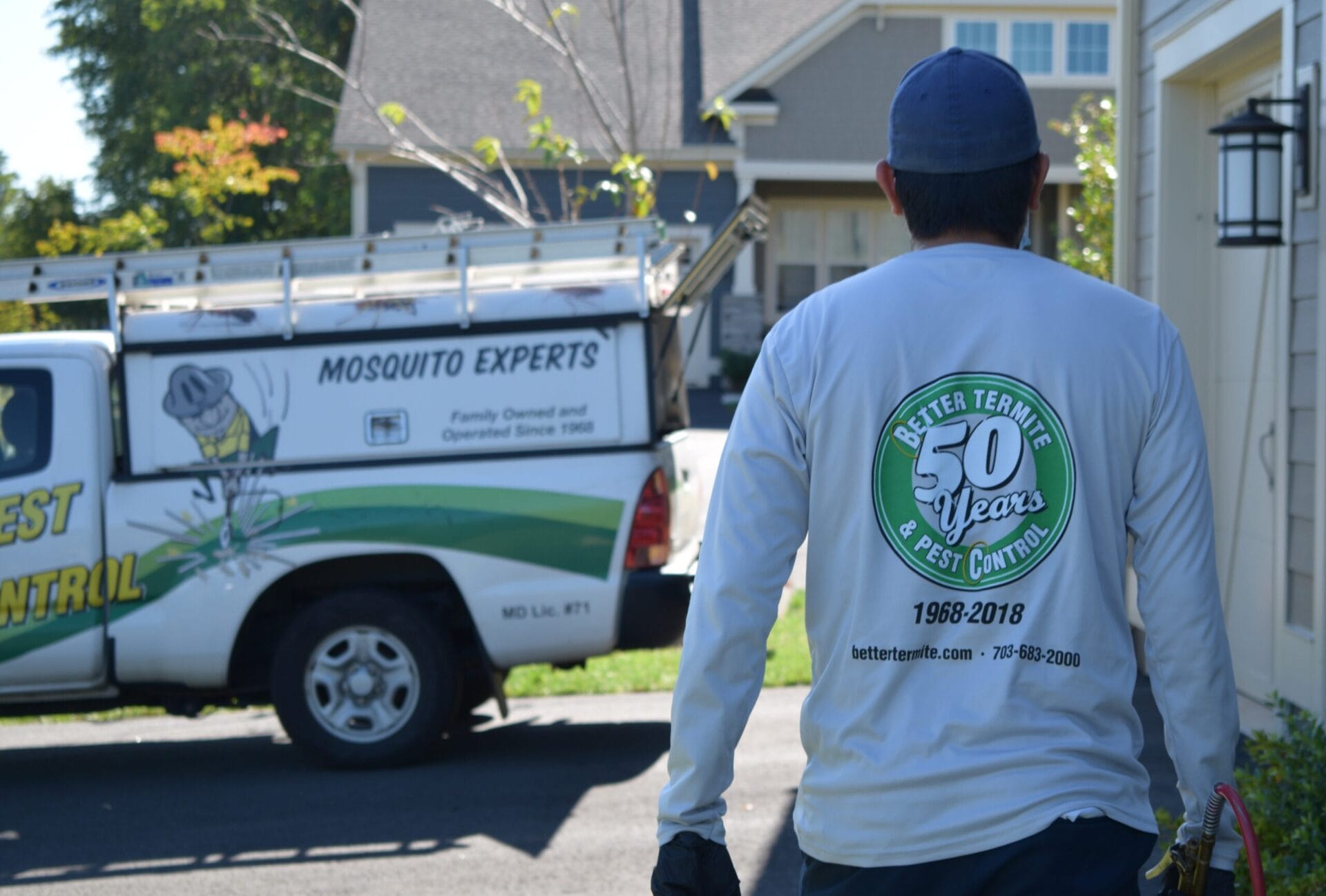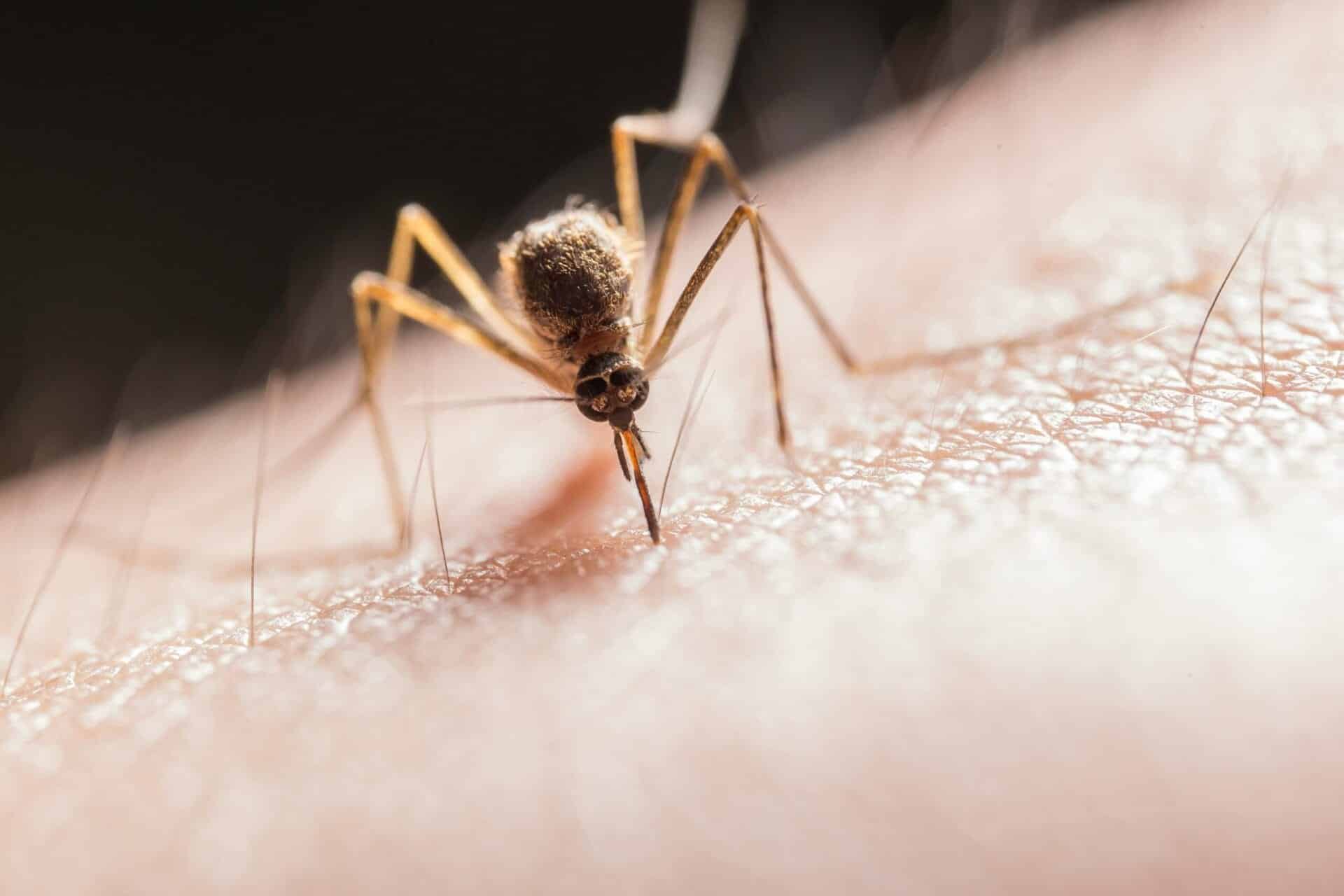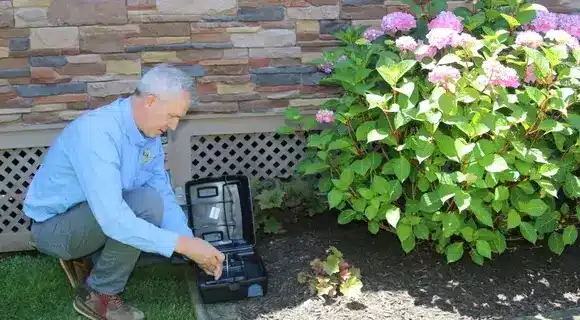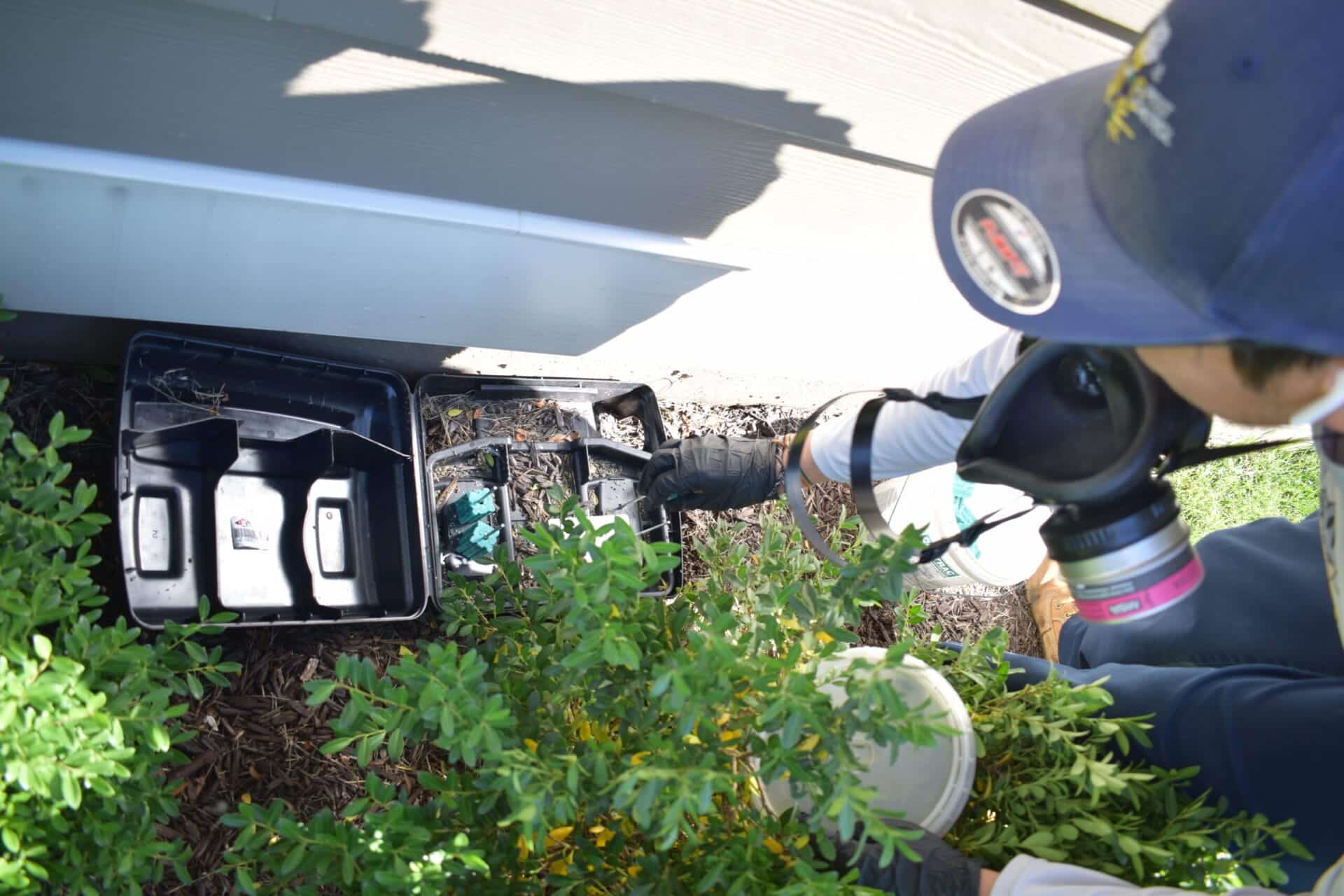


Seeing spiders in your home can be unsettling. Here in Virginia and Maryland, we get our fair share of eight-legged visitors, especially when the seasons change. Finding effective ways how to get rid of spiders is a common concern for homeowners. It’s not just about the surprise of seeing one crawl across the floor; it’s about keeping your living space comfortable. Over the years helping families in the DMV area, I’ve seen firsthand how a few spiders can feel like an invasion. The good news is, there are practical steps you can take.
Most spiders you find indoors are just looking for shelter or food. They often wander in accidentally. Understanding why they show up is the first step. Many spiders are actually helpful predators outdoors, eating pesky insects like flies and mosquitoes. They play a role in controlling the population of other pests. Inside, however, they become the pest. They usually enter homes seeking warmth in the fall, moisture during dry spells, or simply chasing after their next meal – other insects that might already be inside your house.
Knowing which spider you’re dealing with helps. In our area, we mostly see harmless types, but there are a couple to watch out for.
Venomous Spiders:
Common Nuisance Spiders:
Most spiders in your home are harmless. Still, finding any spider can be alarming. For more identification help, check out our detailed Spiders guide.
Spiders don’t just appear; they find ways inside. Knowing their routes helps keep spiders out.
Most often, spiders slip through small openings. Think about gaps under doors where weather stripping is worn. Look for cracks in the foundation or around window frames. Utility pipes entering the house often leave small gaps perfect for a spider. Torn window screens are another common entry point. They might also hitch a ride on firewood, plants, or boxes brought inside.
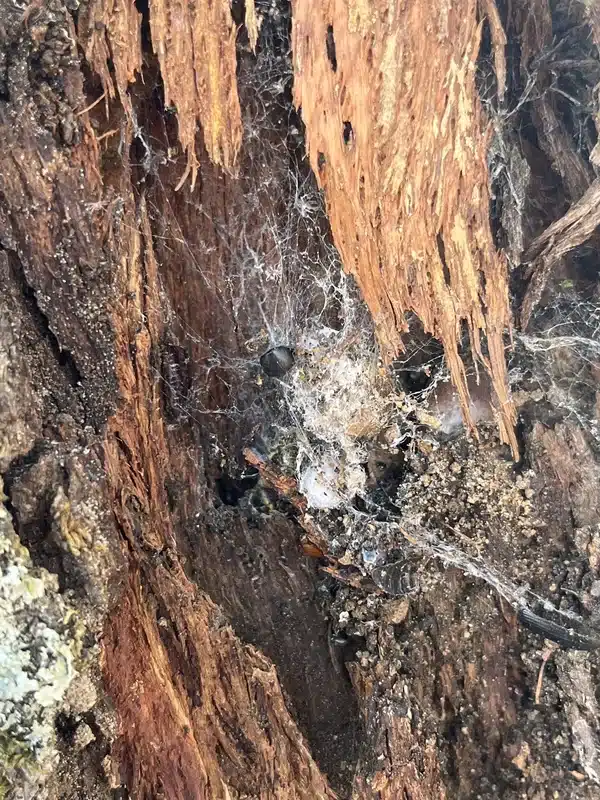
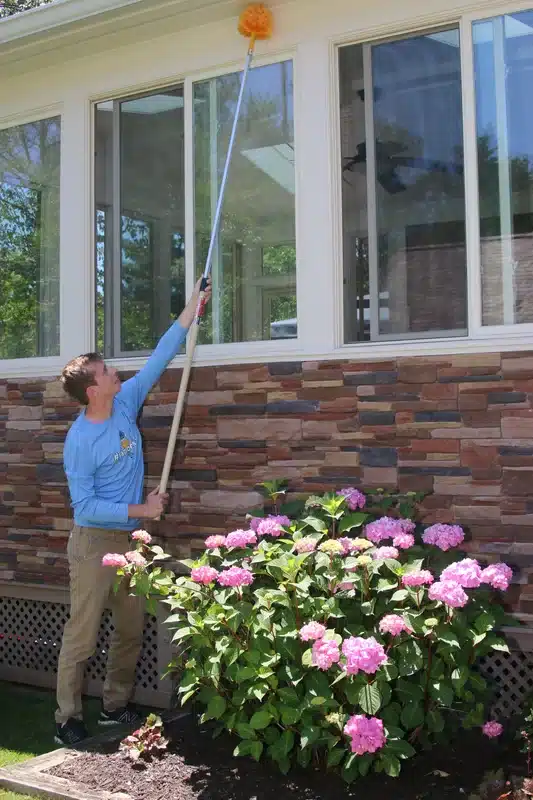
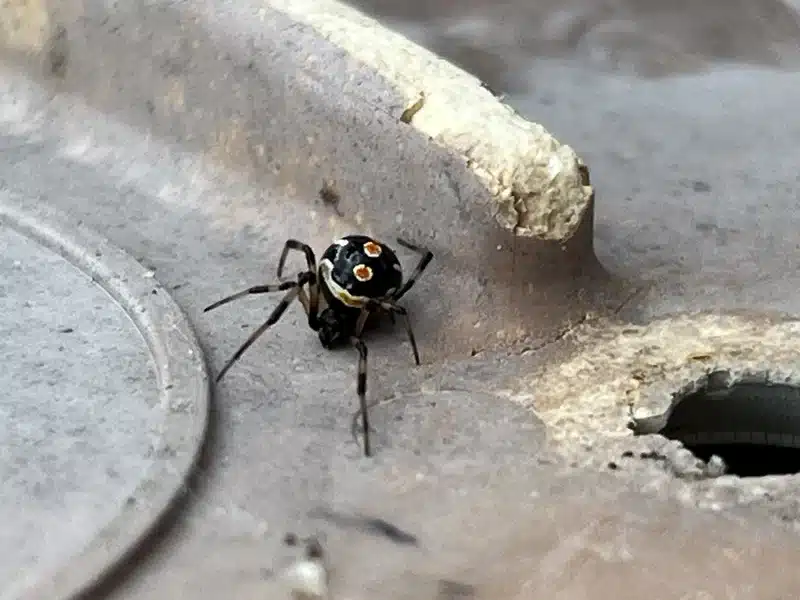
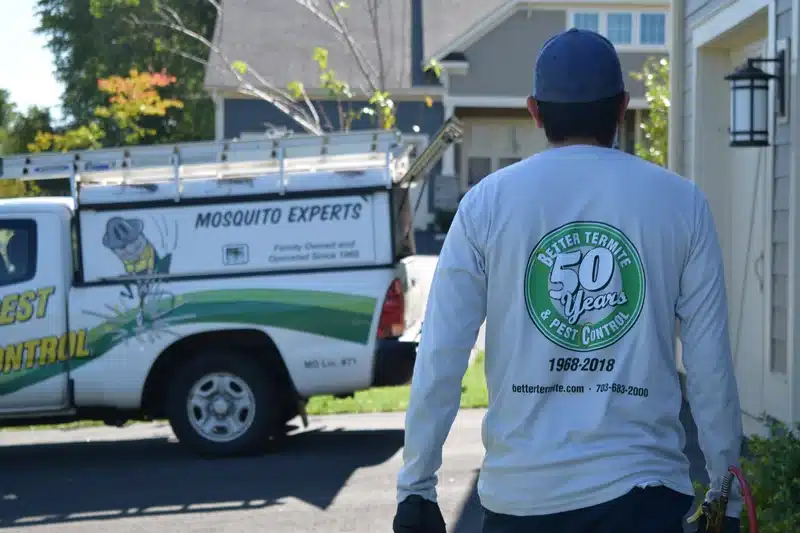
Once inside, spiders like dark, quiet places. Clutter is a big attraction. Piles of boxes in the basement or attic, stacks of newspapers, or even laundry left on the floor offer great hiding spots. Spiders like to hide in these undisturbed areas where spiders can build webs and wait for prey.
Food is another reason spiders stick around. If your home has other insect problems – like flies, ants, or crickets – you’re basically setting out a buffet. Controlling the food source is key to getting rid of spiders. Damp areas like basements or bathrooms also attract insects, which in turn attract spiders.
The best way to keep spiders out is prevention. It’s easier than dealing with them once they’re settled.
First, seal up your home. Walk around the outside and look for cracks or gaps. Use caulk to fill openings in the foundation, around windows, and where pipes enter. Check that door sweeps and weather stripping are intact. Make sure all window and vent screens are in good repair. Blocking entry is the number one step to prevent spiders from entering.
Next, reduce clutter. Tidy up storage areas like basements, attics, and garages. Store items in sealed plastic bins instead of cardboard boxes. Keep floors clear, especially under beds and in closets. Fewer hiding spots mean fewer places for spiders to live. This simple home improvement step makes a big difference.
Regular housekeeping helps a lot. Vacuum frequently, especially in corners, under furniture, and along baseboards. Sucking up spiders and their webs, including any spider egg sac, removes them immediately. Knock down cobwebs promptly when you see a spider web form. Cleanliness disturbs spiders and removes their insect food sources.
Think about lighting. Bright outdoor lights attract insects, which then attract spiders. Use yellow “bug bulbs” or motion-sensor lights near entryways. Close blinds or curtains at night so indoor lights don’t lure bugs (and spiders) to your windows. Reducing the insects around your home helps keep spiders away.
Finally, manage your landscaping. Trim bushes, vines, and tree branches so they don’t touch your house. Keep firewood stacked away from the house, not right against the foundation. Rake up leaves and debris near the walls. These steps remove “bridges” spiders use to reach your home.
Many people prefer natural methods for spider control. These can be quite effective, especially for minor issues.
Physical removal is the simplest start. Use your vacuum cleaner to suck up spiders and webs. If you’d rather not kill spiders, you can trap one under a jar, slide paper underneath, and release it outside. Spider catchers are tools designed for this purpose. Sticky glue traps placed along walls or in corners can also catch wandering spiders.
Certain scents seem to repel spiders. Essential oils are popular for this. Peppermint oil is a common choice; many spiders don’t like peppermint. You can make a simple natural spider repellent spray.
Research suggests essential oils like peppermint and chestnut can indeed act as a repellent for some spider species, like the brown widow, causing them to avoid treated areas according to a study highlighted by Entomology Today (some spiders avoided these scents significantly). However, the same study found other spiders weren’t bothered. So, while peppermint oil might help deter spiders, it’s not a guaranteed fix for all types. Other oils like eucalyptus, tea tree, or citrus might also work. Reapply the spray regularly, as the scent fades.
White vinegar is another household item used to tackle spiders. Its acidity can harm spiders on contact, and the strong smell might repel them.
Diatomaceous earth (DE) is a fine powder made from fossilized algae. It kills insects and spiders by drying them out when they crawl through it. You can sprinkle food-grade DE in out-of-the-way places like attics, crawl spaces, or behind baseboards. It’s non-toxic but works slowly and needs to stay dry.
These natural methods are good starting points for getting rid of spiders without heavy chemicals. They work best when combined with prevention tactics like sealing entry points and cleaning.
If natural methods aren’t enough, over-the-counter insect sprays can help. Look for products labeled for spider control. Most contain pyrethroids, which are chemicals effective against spiders on contact.
Use these sprays carefully. A direct spray on a spider or its web is usually effective. You can get aerosol cans designed specifically for spider killing. Spray bottle formulations might be used for residual treatment.
Applying a residual spray along baseboards, in corners, and around windows can create a barrier. This spray can kill spiders (and the insects they eat) that crawl over treated surfaces later. Treating the perimeter of your home outdoors can also help stop spiders from entering.
Always follow the label directions exactly. That’s the law and the best way to use these products properly. Avoid spraying large areas indoors if possible; targeted application is better. “Bug bombs” or foggers often don’t work well for spiders, as they tend to hide in crevices where the mist doesn’t reach well. Focus on cracks, corners, and known hiding spots.
Remember, our internal research team at Better Termite & Pest Control guides our product choices. We’ve eliminated 9 common industry chemicals, focusing on lower-impact options that we’d feel comfortable using around our own families. All products we use are EPA-approved.
Encountering a potentially venomous spider like a black widow requires extra care. Although brown recluse spiders are very rare here, caution is wise if you suspect one.
If you see a spider you think is dangerous, do not try to handle it. Wear gloves and long sleeves if you’re cleaning areas where they might hide, like woodpiles, sheds, or cluttered storage. Black widows are known to live in such spots (often outdoors or in garages/sheds).
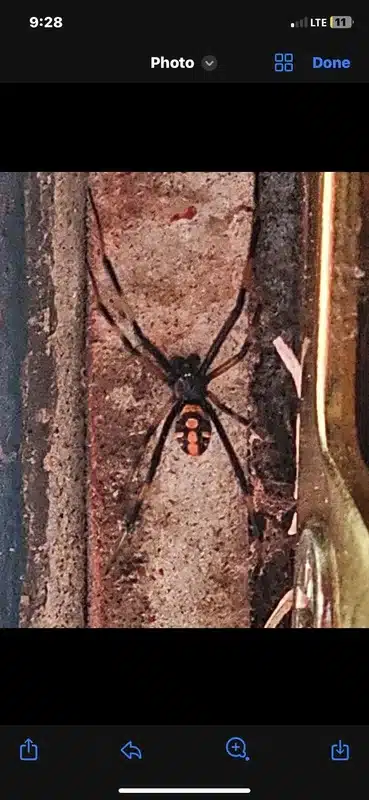
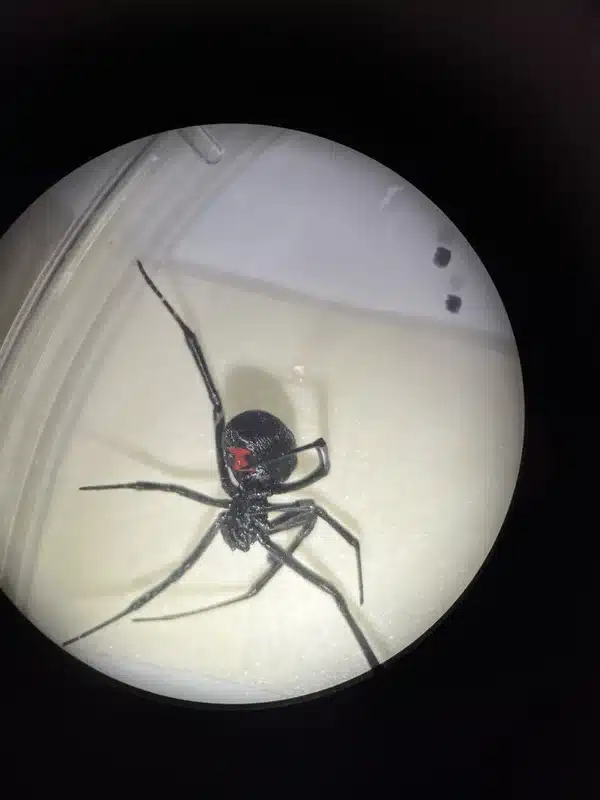
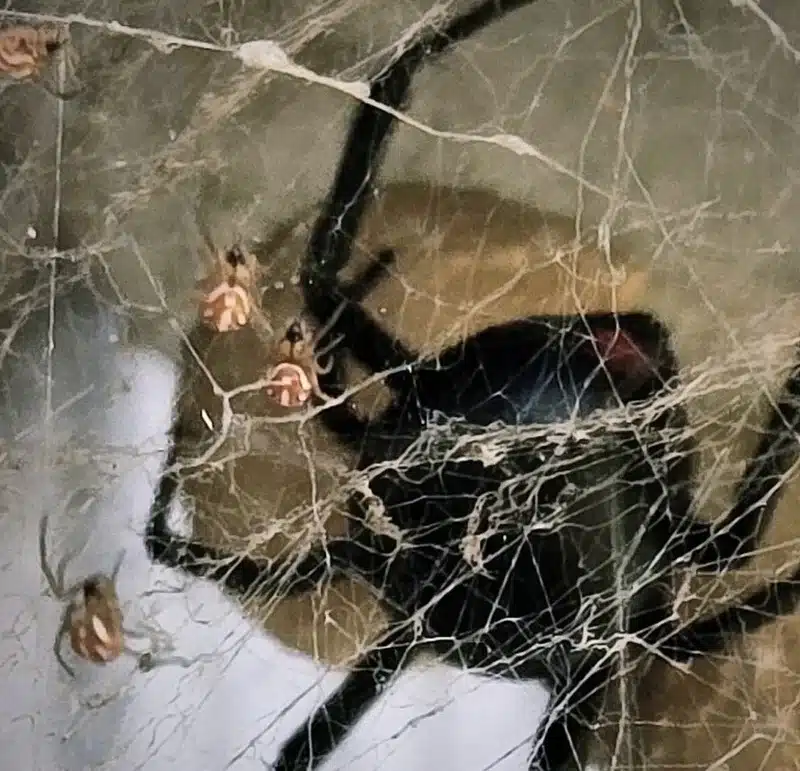
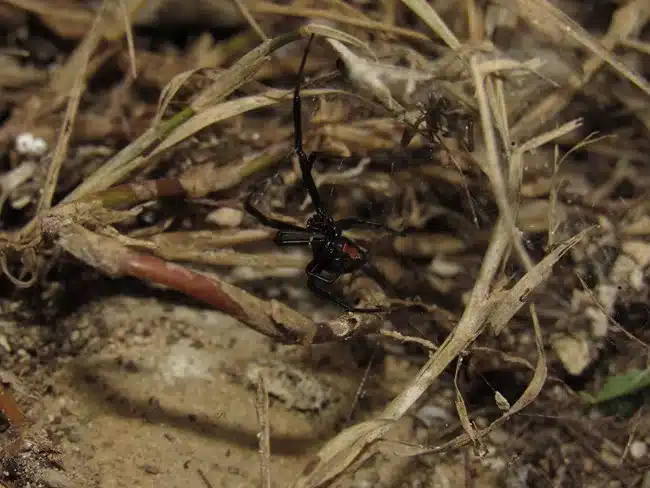
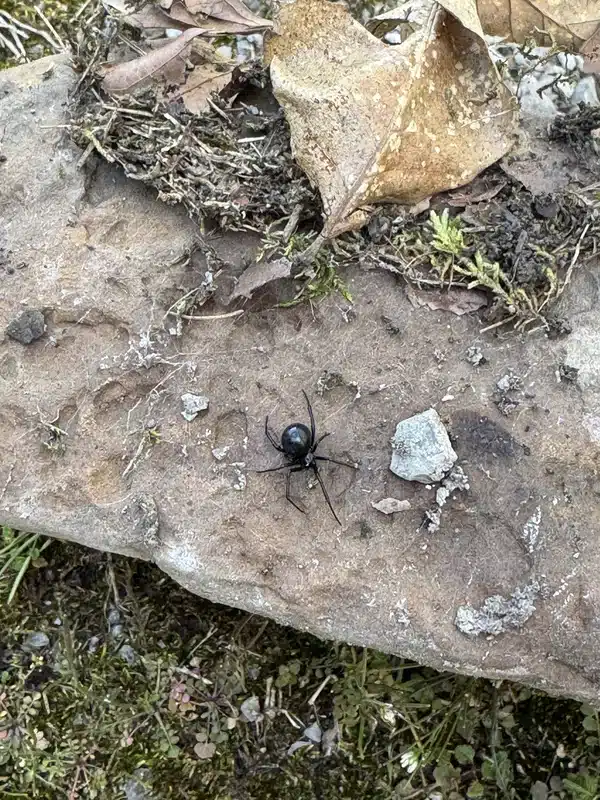
To remove a venomous spider, you can use a long object (like a broom handle) to crush it from a distance. Or, use an aerosol insecticide spray designed to kill spiders instantly from several feet away. Be sure to also destroy any egg sacs – black widow egg sacs are tan and papery.
Place sticky spider traps along walls in garages or basements; these can safely catch wandering spiders, including potentially dangerous ones. Always shake out shoes and clothing stored in garages or basements before wearing them.
If you find multiple dangerous spiders, or feel uncomfortable handling them, that’s a good time to call for professional pest control help. It’s better not to risk a spider bite. If you are bitten by a suspected black widow or recluse spider, seek medical attention right away.
Sometimes, DIY methods aren’t enough. You might need professional pest control help if:
A qualified pest control company, like ours serving Northern Virginia and Maryland towns like Bethesda and Gaithersburg, can offer a thorough solution. Licensed technicians can perform detailed inspections, use specialized treatments, and reach areas homeowners can’t. They can also address the pests that spiders feed on, like ants or centipedes, providing broader pest control.
When choosing a provider, look for a local company with experience, like our family-owned business operating since 1968. Ask about their methods and ensure they practice Integrated Pest Management (IPM), focusing on long-term solutions, not just spraying. We offer services in many areas, including Herndon, Alexandria, and Rockville.
Getting rid of spiders isn’t a one-time fix. It takes ongoing effort. Keeping your home less inviting to spiders is a long-term strategy.
Stick to a routine cleaning schedule. Vacuuming and dusting regularly removes spiders, webs, and egg sacs. Pay attention to corners, under furniture, and storage areas like the basement.
Inspect your home periodically. Check for new cracks or gaps, especially in spring and fall, and seal them. Ensure screens and door sweeps are in good shape.
Maintain your yard. Keep vegetation trimmed back away from your home. Store firewood properly. Reduce clutter near the foundation.
Control other pests. Fewer insects mean less food source for spiders. Keep kitchens clean, trash sealed, and address any other insect issues promptly. If you have recurring issues with pests like ticks, addressing them can indirectly help with spiders.
Educate your household. Simple habits like closing doors quickly and keeping rooms tidy help everyone contribute to spider control.
At Better Termite & Pest Control, we know how to get rid of spiders effectively because we’ve been doing it locally for over 50 years. Our family has learned what works best right here in Virginia and Maryland homes.
Our process starts with a thorough inspection (our 78-point check) by a licensed technician to find spider hotspots and entry points. We identify the specific spider species and any conditions attracting spiders.
We then apply targeted treatments, focusing on exterior areas where spiders are active. This creates a protective barrier around your home. We use products selected by our internal research team – we’ve removed 9 harsher chemicals common in the industry, opting for approaches we trust.
We also physically remove reachable spider webs from eaves and porches. For ongoing spider control, we offer seasonal visits to maintain the barrier and address any new activity. If spiders return between visits, we come back at no extra charge, as part of The Better Promise. We focus on getting rid of the current problem and preventing future ones.
Dealing with spiders can be frustrating, but you have options. By combining prevention, cleaning, natural remedies, and targeted treatments when needed, you can significantly reduce the number of spiders in the house. Remember, consistency is key. Keep sealing entry points, reduce clutter, and manage their food sources.
If you’re struggling with spiders or other pests, or just want expert advice tailored to conditions here in Virginia and Maryland, don’t hesitate to reach out. Our licensed technicians can answer your questions and provide a detailed quote over the phone. Call Better Termite & Pest Control today at 703-683-2000 or email us at [email protected] to learn how we can help make your home more comfortable.
For quick reduction, vacuum up any visible spiders, webs, and egg sacs. Use a direct contact spray (either a store-bought insecticide or a strong vinegar/water mix) on any spiders you see. Place sticky glue traps along baseboards and in corners to catch wandering spiders. These steps provide immediate impact while you work on longer-term prevention like sealing gaps.
Spiders seem to dislike strong scents. Peppermint oil is widely reported as a natural spider repellent. Other scents like citrus, eucalyptus, tea tree oil, and vinegar may also deter spiders. They also hate clean, uncluttered spaces with no hiding spots and no insects to eat. Removing their food source and shelter makes your home much less appealing.
Keep your bedroom clean and clutter-free, especially around and under the bed. Vacuum regularly. Check that windows have tight-fitting screens. Avoid leaving clothes piled on the floor. Some people find spraying a peppermint oil and water mix around the bed frame or windowsills helps keep spiders away. Inspect bedding before getting in if you have concerns about spiders in the house. Trying to keep spiders out of my bed usually involves these preventative steps.
If using a vinegar and water spray as a repellent, you’ll likely need to reapply it fairly often, perhaps weekly or after cleaning surfaces. The scent’s effect fades over time. For direct contact killing of a spider, one spray is enough. Vinegar is acidic, so test it on an inconspicuous spot first to ensure it doesn’t damage surfaces. Remember, vinegar mainly works on contact or as a temporary repellent.
Most common house spiders found in our area, like the common house spider, cellar spider, wolf spider, and jumping spider, are not considered dangerous. They may bite if threatened or trapped, but their venom typically causes only minor, localized irritation, similar to a bee sting. The main venomous spider of concern here is the black widow, which prefers outdoor or garage/shed habitats. Yellow sac spider bites can be painful but are not medically significant.
Yes, absolutely! Spiders are predators that feed on many insects we consider pests, like flies, mosquitoes, cockroaches, and earwigs. Outdoors, spiders play a vital role in keeping insect populations in balance. Even indoors, a harmless spider in a corner is essentially providing free pest control. While you don’t want a home full of spiders, recognizing that spiders can be beneficial helps focus control efforts where they’re truly needed.
Definitely. Spiders go where the food is. If your home has a supply of flies, ants, silverfish, cockroaches, crickets, or other small insects, it becomes an attractive hunting ground for spiders. Controlling these other pest populations is a crucial step in reducing your spider problem. Eliminating their food source makes your home much less inviting for spiders to settle in.

With five years of hands-on experience in the pest control industry, George Schulz is a registered technician with the Virginia Pest Management Association and a proud third-generation professional in a family business that’s been protecting homes for over 57 years. He manages and trains a team of service pros while also leading internal research efforts—recently spearheading a deep-dive review of thousands of documents on pest control materials to hand-pick the most kid and pet friendly, most effective solutions tailored specifically for homes in the DC metro area. Read his bio.

